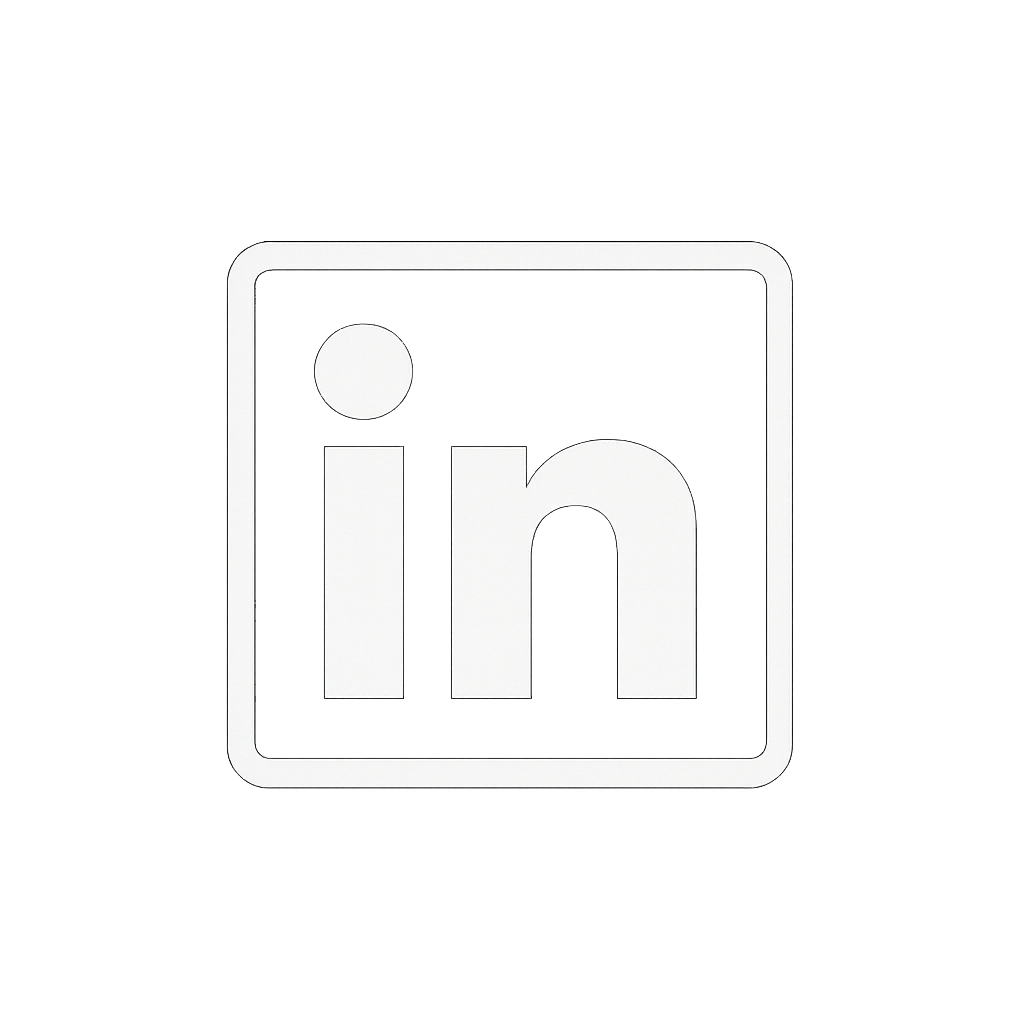Someone over here told you how different it is to work at the tech giants in the United States
Facebook gives the impression of a startup, Microsoft places great emphasis on talent, and Google's corporate culture is very attractive.
Dima Korolev has worked for several global top tier technology companies, including Google (Weibo), Microsoft, and Facebook. Now, he has switched jobs and started a startup company.
He has lived in many places, from Moscow to Zurich, from San Francisco to Seattle. Because of his rich experience, he has witnessed the similarities and differences between these enterprises at different stages.
Starting from 2007, Kololev worked for two years in Google's search quality and Gmail reliability department before switching to Microsoft, where he continued to be responsible for Bing's search quality and worked on ticket forecasting.
Less than a year later, he decided to switch to Facebook and participate in the company's BootCamp project, as well as work on spam cleaning. Finally, he decided to leave the big company and work for a startup company.
After working for a company called PublicVerification for a period of time, Kololev decided to join the current Staance company. This is a website known as the "soap box of the digital age", which attempts to provide a place specifically for discussing hot topics.
Through these rich work experiences, Kololev has gained a deep understanding of the working methods of different technology companies. So, we decided to get in touch with him and learn about the experience he has summarized. The following is an interview summary:
BI: Which of the three giants, Google, Microsoft, and Facebook, do you think has the best working environment?
Kololev: It actually depends on your level. Junior, senior, executives, and partners are all different. Google is an ideal place for junior engineers. Their culture is too attractive and highly sustainable. Regardless of your level of knowledge, you can gain unparalleled wealth within the first 9 to 18 months of entering Google. There are many extremely intelligent and experienced people there who are willing to help you. After working at Google for a few months, you will have a clear understanding of the best solutions and processes.
When someone asks me if I should directly work at Google after graduating from college, I always support them. Any big company can gain my recognition, and if it's Google, I would gladly recommend it.
BI: What is Facebook's culture like?
Kololev: They do things very quickly and don't follow the rules. In the long run, this is a sustainable approach. Facebook strives to keep itself like a small business, and they have indeed succeeded. This culture makes Facebook feel like a startup company. There are not too many restrictions on technology there, and there are no established rules for the way code and websites work.
You can imagine Facebook as many independent teams, all adopting their own development models. Some people like this, but it doesn't fit my style. If your goal is to work with a group of like-minded hackers and have an impact on the future, then Facebook is a good place.
BI: What are the differences between Microsoft, Facebook, and Google?
Kololev: Microsoft is a place that values talent very much. You can truly feel this. Once you join the company, they will all want you to stay and they will provide support for you. They hope that employees can make long-term contributions over a period of several years.
On Facebook, they hope you can determine a work cycle of three months. At Google, it takes about five or six months. At Microsoft, I know that some people only enter an accelerated state after a year. This is great, those who want to do projects can have enough freedom and influence to truly change things.
Microsoft is a great place for anyone with ambition to drive various ideas. Their delivery speed is not as fast as Facebook or Google, but the deadlines are different and the pressure is not as great as Facebook and Google.
BI: What are the differences in the hierarchical and organizational structures of these three companies?
Kololev: On Google and Facebook, CEOs meet with all employees almost every week. If you have any questions, it's not too difficult to get answers from Mark, Sergei, or Larry. At Microsoft, it is difficult to hear a response from the company's top management. If you want to ask questions about the future and prospects, you must hold a sufficiently high position. Senior management usually lacks the impulse to communicate with ordinary employees.
BI: The feeling of working in a startup company should be completely different. What exactly does it look like?
Kololev: If everyone is clear about the direction of the project's development, then there is not much difference between a startup company and a large company. The key is that large companies can provide you with sufficient resources. In a startup, you have to rely on yourself. But when you know what to develop and how to develop, they are actually very similar.
When progress is not smooth, projects must be adjusted. If the team disbands for some reason, people will also leave. When new technologies emerge, differences arise. In large companies, if a project requires more resources, the company will provide these resources. If the company feels that a project needs to be closed, their morale will not be greatly affected when they close the project. If you need to invest new energy into a certain product, it's okay.
In start-up companies, people are usually more invested. But this often forms a curse. Responsibilities often intersect. If something changes, in most cases it will create pressure in terms of time and finances, and they will likely work even harder. They will start engaging in things they cannot imagine. Engineers may start doing business and advertising, all of which will be intertwined. This can usually proceed normally, although doing so will definitely exhaust the team. Many times, this method is also ineffective, and at this point, you must find a new job.
BI: Do you prefer the culture of startup companies or the culture of large companies?
Kololev: From a professional perspective, I prefer startups because I want to be surrounded by people who are not limited to a nine to five work schedule, but prefer to get things done. In terms of the sustainability of work scope, overall culture, and employee morale, large companies are better. It's not easy for a startup to survive for several years, but companies like Microsoft, Google, or Facebook will survive for a long time. You don't need to do some trivial things, they are already very comprehensive.
BI: What was the most important gain for you after joining your first startup company, PublicVerification?
Kololev: Despite working hard, it is not enough to develop a product that meets the initial idea. You must be very flexible and adapt to the market. Our team is not willing to conduct market research. We always assume that certain ideas can work. We did four sub projects, but did not promote them properly, and as a result, all of these projects were ruined. (Long Song)











